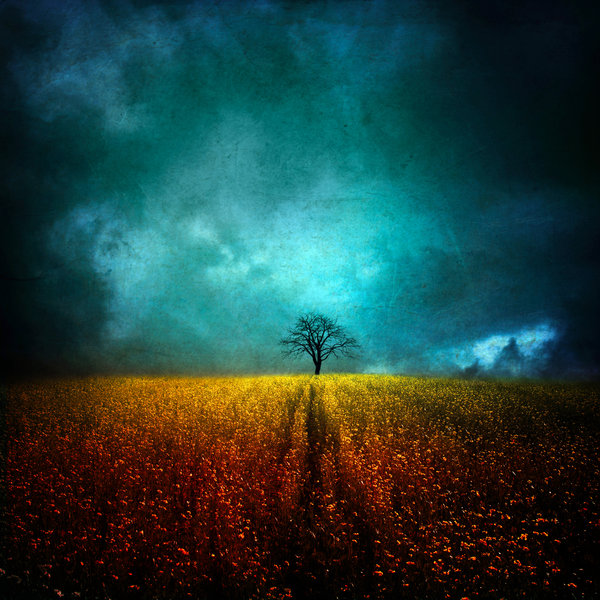I first wrote this in 2014. Amid COVID-19, a lot of us are going to go through bouts of depression. Back then, I found it useful to use the five stages of grief as a reference point for what I was feeling. It helped me get to the other side. May it help you now. It won’t make the depression go away. But it might help you deal with it.
There are plenty of articles out there about the so-called five stages of grief. Based on my experiences in that department, I find the writings mostly accurate and valuable.
I’ve been thinking lately about how there are also stages of depression, not unlike those of grief. Identifying them can help you know where you are and what’s going on. Note: this is not a scientific effort. It is simply based on my own experiences.
Mood music:
- Denial and isolation. Things start to go wrong, but you’re not immediately aware of them. Your short-term memory starts to slip, you become disorganized, and you protest when those who love and know you best suggest you may be heading for an episode. You respond by clamming up and ignoring friends when they ask you to have coffee. You spend a lot more time on the couch.
- Anger. After one too many days in denial, you start to realize you’re again slipping into depression. This makes you angry, and you start taking it out on those around you. Your self-worth begins to sink, and you start to feel you can’t do anything right. This leads to more anger, self-loathing, and self-pity.
- Bargaining. During grief, this is the stage where a person repeatedly goes over the what-ifs: what if the loved one had gotten medical attention sooner, what if you’d recognized the problem for what is was, etc. With depression, the bargaining works a bit differently. You plays the blame game with the world around you. You’re depressed because of work. You’re depressed because of a disagreeable family member. If the depression is really bad, you blame anyone and anything but the disease within your own brain.
- Melancholy. With grief, the fourth stage is depression. Within the depression itself, the fourth stage is melancholy, at least in my experience. A deep sadness and hopelessness take hold in your gut after too many successive days of feeling like shit. It becomes hard to do most basic daily tasks.
- Acceptance After a while, you realize you have a few choices. The most extreme choice is suicide. I’ve never seriously considered it, but I know people who have and, sadly, gone through with it. Another choice is to start doing things to emerge from the depression. For me, that involves talking to people and writing to get the feelings off my chest. The other step is to re-embrace coping tools. It’s not like flipping a switch, but more like rebooting a computer. It takes time to start using your coping tools effectively again and more time for them to make a difference. But acceptance is a start.
Acceptance is where I’m at now. I long ago accepted that frequent bouts of depression come with being me and that there are things I can do to keep it in check. It’s time to reboot the system.

“Melancholy” by BaxiaArt


I get it, Bill. I hate that I do, and I hate that you do. Does it make any sense at all that I find your words soothing? It makes me know it’s OK to get it.
Nicely written, although it seems to be a fine line between Anger and Bargaining. Or should Bargaining be called Blame?
In any case, other than writing and talking, what have you found to be effective coping tools?
Dingo
I love your writings and your insight. Always makes me feel that I can have these feelings and thoughts and still be worthy in this world and acceptance is the key. Once again thank you for having the courage to be a real person and a professional simultaneously. Reminds me that one doesn’t cancel out the other!!
Bill, You precisely described the emotions that occur. Thank you for validating the process. Marie